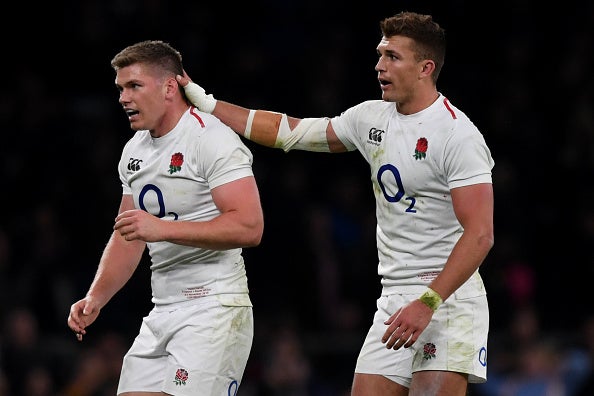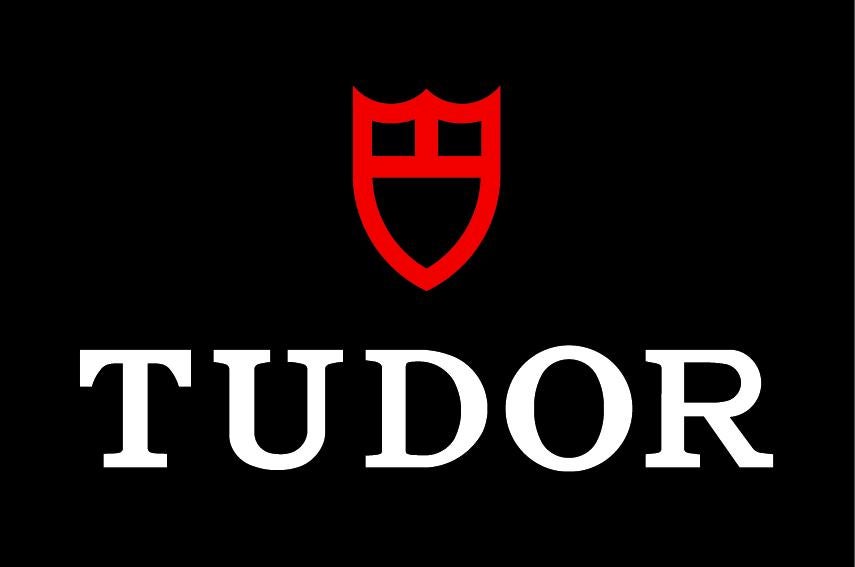Eddie Jones says two referees needed after Owen Farrell's controversial tackle in England's win against South Africa
World Rugby confirmed on Sunday that Farrell will face no further action over his tackle

Your support helps us to tell the story
From reproductive rights to climate change to Big Tech, The Independent is on the ground when the story is developing. Whether it's investigating the financials of Elon Musk's pro-Trump PAC or producing our latest documentary, 'The A Word', which shines a light on the American women fighting for reproductive rights, we know how important it is to parse out the facts from the messaging.
At such a critical moment in US history, we need reporters on the ground. Your donation allows us to keep sending journalists to speak to both sides of the story.
The Independent is trusted by Americans across the entire political spectrum. And unlike many other quality news outlets, we choose not to lock Americans out of our reporting and analysis with paywalls. We believe quality journalism should be available to everyone, paid for by those who can afford it.
Your support makes all the difference.The fallout from Owen Farrell’s highly controversial tackle on Andre Esterhuizen has left Eddie Jones believing that rugby union requires two referees per match, such are the complex decisions that officials are constantly under pressure to get right.
Farrell appeared to lead with his shoulder as he tackled Esterhuizen during the final play of England’s 12-11 victory over South Africa on Saturday, with the sport split on whether the tackle was a legal one, illegal or worthy of further punishment.
World Rugby confirmed on Sunday that Farrell will face no further action over his tackle, with referee Angus Gardner and TMO Olly Hodges deciding late in the Quilter International that Farrell had stopped Esterhuizen legally.
And while Jones would not be drawn on the incident surrounding his England co-captain, he did express his belief that the sport should follow the example of Australian rugby league and look at introducing a second on-field referee.
“I just think the game is getting more intense. All the data shows that,” Jones said on Monday. “The game went for 100 minutes on the weekend, with 39 minutes of the ball in play. 61 minutes now are where the players can recover, so the intensity of the hits, the quickness of the contact [has gone up].
“We are asking one referee to do it the way they did it when blokes like me were playing, jogging round the field basically. And he’s still doing the same job. So I think the referees are doing a great job. At some stage in the future, probably not in my time, they may have to look at two referees on the field.”
Although Jones would not comment on the tackle itself, Farrell’s challenge has sparked widespread debate across the sport over whether it was legal or not. The likes of Brian O’Driscoll, Lewis Moody and Jim Hamilton all defended it, while former England international Martin Bayfield believed South Africa were harshly done by and should have had a penalty.
Current players, too, have expressed their view. Australia centre Kurtley Beale used the incident to question how different incidents are being judged by rugby’s lawmakers, saying: “I just reckon that you need consistency. It is inconsistent at times: a couple of years ago it [Farrell’s challenge] is a red card, or a yellow or a penalty. You just want a level of consistency through the whole thing. Clarity will come with that.”

It is the first time that a leading figure in rugby union has suggested adding a second official on the pitch in a move that mirrors what Australia’s National Rugby League practice, which according to a review in the summer has improved both the accuracy of on-field decisions and the speed of the ball in the tackle - which could easily transfer to rugby union in terms of clearing defenders from the ruck.
“Reviews of both systems have found that decisions have been more accurate with two referees, which again is why the [second] referee was introduced in the first place,” the NRL review read.
Referees’ general manager added: “From the [Rugby League] World Cup and two-referee system used at NRL level, we’ve found our officials make consistently better, more accurate decisions with two referees on the field.”
But Jones does not expect to see any changes made in the near future, and given how long it takes force through new changes within the sport, believes it could take takes as many as 20 years before something is done to increase the accuracy of referees during matches.
“In the future, 15 to 20 years, probably when Bill Beaumont’s not chairman of World Rugby,” joked Jones. “You’ve been involved in rugby, things don’t change quickly.”

Join our commenting forum
Join thought-provoking conversations, follow other Independent readers and see their replies
Comments